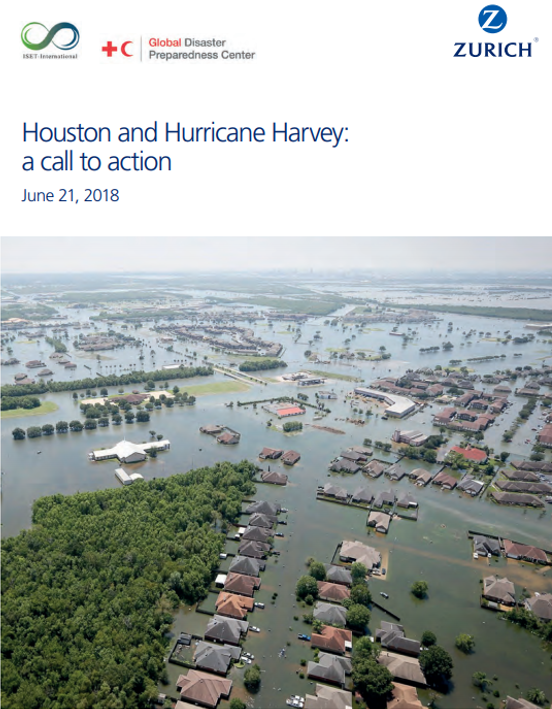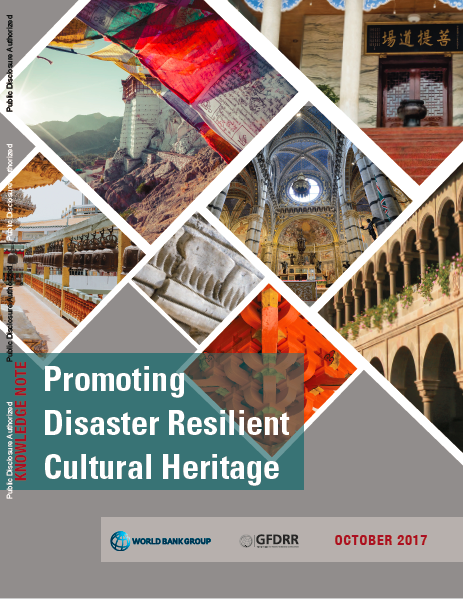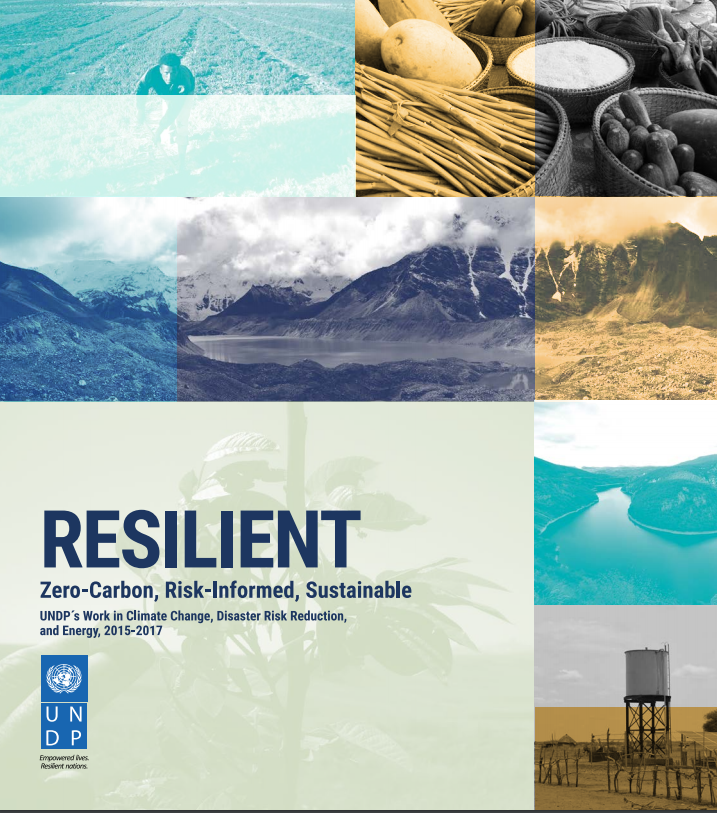Urban Resilience for Red Cross Red Crescent
You can find more detailed information about the Red Cross Red Crescent Urban Collaboration Platform here: The Red Cross Red Crescent Movement is at the forefront of assisting communities facing the growing risk of disasters, protracted crises and day to day stresses in cities. RCRC national societies are increasingly diversifying their programs and partnerships and innovating to […]
Urban Resilience for Red Cross Red Crescent Read More »



